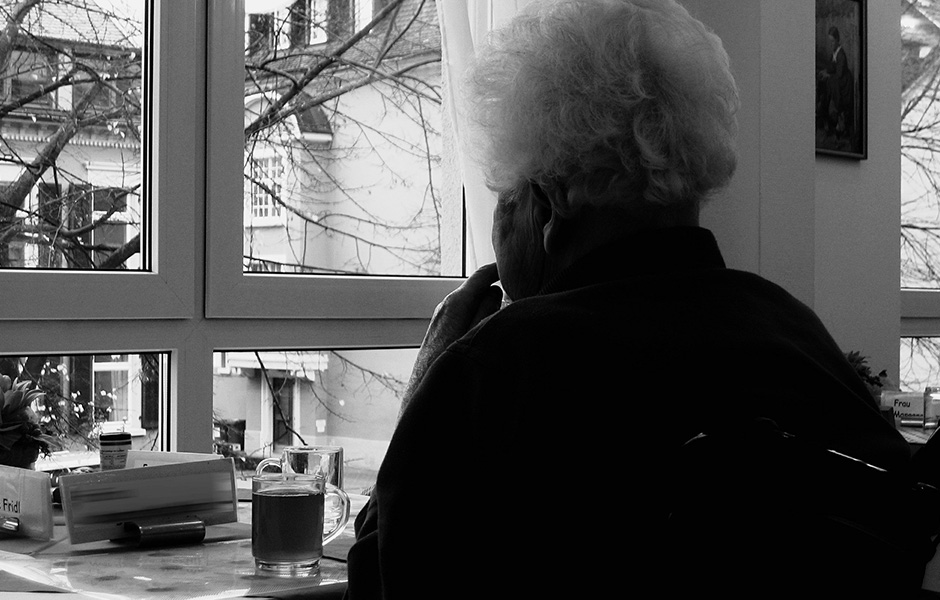The pandemic crisis is a unique opportunity to redefine priorities and redesign the care provided to people living in nursing homes and other residential facilities for the elderly (ERPI) in Portugal, reinforcing investment in human resources and ensuring respect for the rights of professionals and users.
This is one of the conclusions of a study that involved researchers from CINTESIS – Center for Health Technologies and Services Research at different Universities in the country (the University of Porto, the University of Beira Interior, and the University of Aveiro).
The study, now published, aimed to analyze the perspective of ERPI professionals on the impact of the pandemic on care and their work experiences during and after the first confinement.
In all, 784 professionals participated in the study. Of these, about 80% work in Private Social Solidarity Institutions. Most are technical directors, but there are also nurses and assistants and their ages range from 19 to 71.
The results of the survey prove that the pandemic of COVID-19 has had “negative consequences on those living and working in ERPI, exposing pre-existing vulnerabilities in terms of human, physical, and psychosocial resources.”
As for the impact on care, more than half of the participants admit a “greater difficulty in meeting the basic needs of the elderly, such as hygiene and food, and in providing them with occupational activities, while respecting their rights and self-determination.
“The pandemic has legitimized a traditional care model, based on standardized procedures, which interprets the elderly as a homogeneous group that receives passive care and promotes paternalism,” indicate the researchers.
The professionals at these residential facilities also complain about the “impact on their working conditions”, with more hours worked per shift. About 15% of these professionals have even taken up temporary residence in the institutions where they work, in order to protect the users.
This work overload, due in part to the lack of workers in critical phases, constitutes “a risk not only to the health, safety, and well-being of the professionals themselves but also to the provision of care.”
For the CINTESIS team, the homes and residential structures for the elderly should demand greater investment, both political and financial, in human resources, equipment, monitoring, and interventions that “safeguard the dignity, rights, and physical and mental well-being of those who live and work in Portuguese ERPIs.
The researchers understand that the pandemic crisis should be seen as “an opportunity” for a paradigm shift, with the implementation of Person-Centered Care.
In this model, the elderly are placed at the center of the care dynamics, having “an active decision-making role in their lives and daily activities. Thus, there should be a “balance” between infection management and respect for the rights, needs, and well-being of the elderly, preserving their “social participation and their physical and mental health.
Similarly, say the researchers, “it is urgent to initiate, resume, or intensify rehabilitation and occupation programs with the elderly so that they can recover from the after-effects of confinement.”
The project team “Atenção Centrada na pessoa na prestação de cuidados na velhice: abordagens e instrumentos de avaliação” (“Person-centered care in old age: approaches and assessment tools”) is composed of Maria Miguel Barbosa and Rosa Marina Afonso, researchers from CINTESIS/University of Beira Interior (UBI), and Constança Paúl and Laetitia Teixeira (CINTESIS/ICBAS), Liliana Sousa (CINTESIS/University of Aveiro) and Javier Yanguas (Fundación “La Caixa”).
This project received funding from the Fundação para a Ciência e a Tecnologia (FCT), through a PhD grant awarded to Maria Miguel Barbosa (CINTESIS/UBI).

